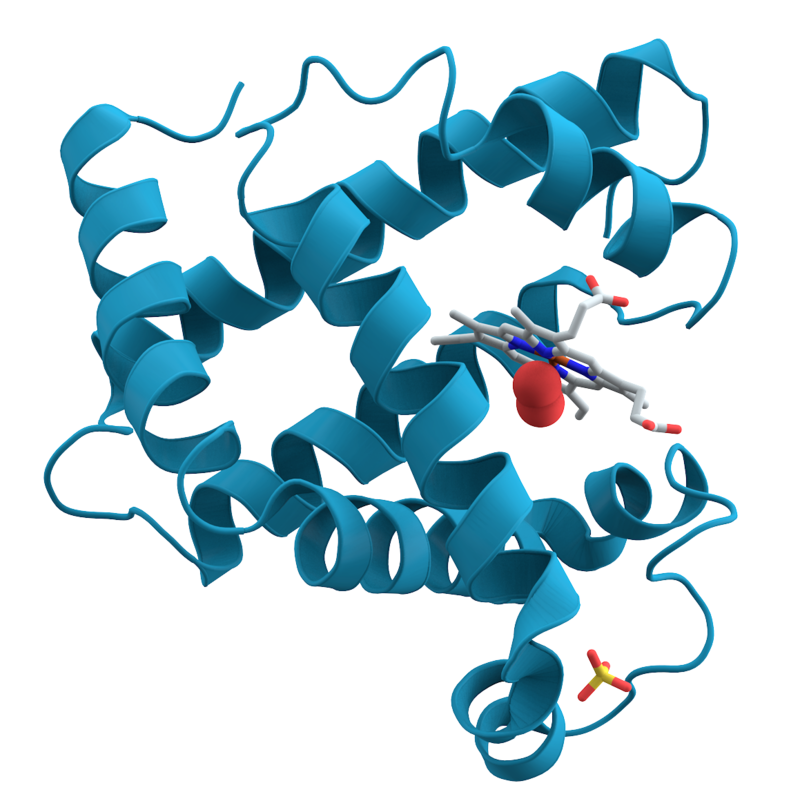Google DeepMind has made a significant leap in biotechnology with its latest AI system, AlphaProteo, which is capable of designing novel protein binders that target specific molecules. This breakthrough could transform drug design, healthcare research, and beyond.
AlphaProteo’s Cutting-Edge Capabilities
AlphaProteo has been trained on a vast dataset, including the Protein Data Bank and structures predicted by AlphaFold. By understanding molecular structures and binding sites, the system can generate tailored proteins to bind with high affinity to target molecules, such as VEGF-A, associated with cancer and diabetes.
The system has achieved impressive results, outperforming existing protein design methods across several critical targets. For example, AlphaProteo’s designs showed a binding affinity up to 300 times better than traditional techniques.
Real-World Applications in Drug Development
In early trials, AlphaProteo successfully created proteins that target disease-related proteins, such as viral and inflammatory markers. For instance, it achieved an 88% success rate in creating binders for BHRF1, a viral protein. These results have the potential to reduce the time needed for experimental drug design, speeding up the path from discovery to real-world application.
Despite these successes, AlphaProteo does face some challenges. The system was unable to design effective binders for TNFɑ, a protein linked to autoimmune diseases like rheumatoid arthritis. Nonetheless, the high success rate in other applications indicates that AlphaProteo is a groundbreaking tool in the fight against complex diseases.
Collaboration and Ethical Development
Google DeepMind is working with external experts to ensure AlphaProteo’s development aligns with best practices in AI ethics and bioengineering. Collaboration with the AI Bio Forum and scientific communities will help steer the technology towards positive outcomes, particularly in areas such as drug design, disease diagnosis, and agricultural applications.
The team behind AlphaProteo plans to refine the system further and is already exploring drug design applications through partnerships with Isomorphic Labs. While the road to fully usable protein binders may still be long, AlphaProteo’s advancements mark a critical step forward in accelerating scientific research across multiple domains.
Looking Ahead: The Future of AI in Protein Design
As AI continues to evolve, systems like AlphaProteo are likely to play a crucial role in solving complex biological problems. The combination of machine learning, large-scale datasets, and cutting-edge research will enable scientists to develop more effective treatments for diseases, improve diagnostics, and even enhance agriculture by designing proteins for pest-resistant crops.
Though challenges remain, the potential applications of AlphaProteo are vast and promising, representing the next frontier of AI-powered discoveries in healthcare and biology.
Sources: https://www.artificialintelligence-news.com/news/alphaproteo-google-deepmind-protein-design-system/,https://en.wikipedia.org/wiki/Protein






